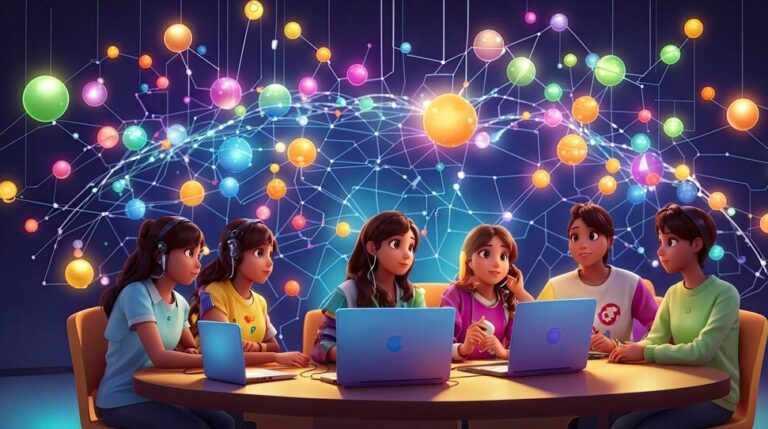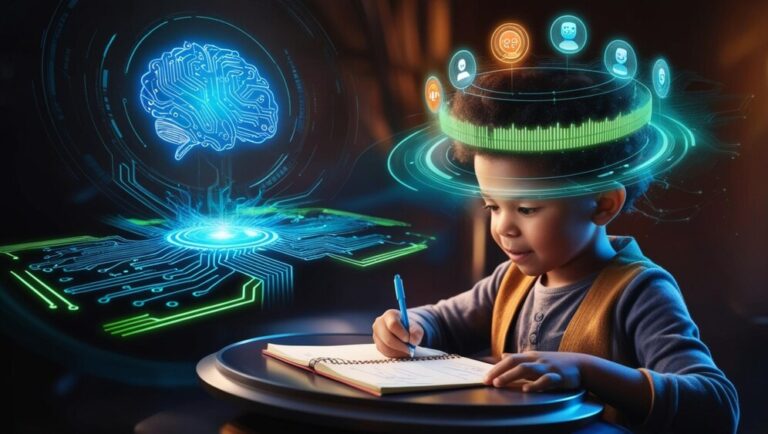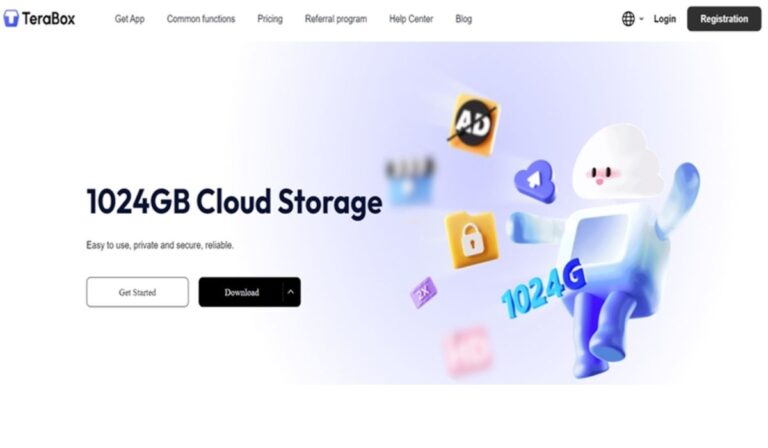Understanding the Challenges of Renewable Energy
Renewable energy is at the forefront of the global shift towards sustainable living. As the world grapples with the effects of climate change and the depletion of fossil fuels, renewable power sources like solar, wind, hydro, and geothermal power are becoming increasingly important.
Despite their benefits, these energy sources also present a unique set of challenges that need to be addressed for them to be viable long-term solutions.
This article explores the various challenges associated with renewable energy and offers practical insights, to help navigate some of these obstacles.
Intermittency and Reliability
One of the major challenges facing renewable power sources is their intermittency. Fossil fuels are reliable for consistent power. But, renewable energy sources depend on factors like weather conditions and location.
Solar Energy
Solar power is one of the most popular forms of renewable power, but it is not without its drawbacks. The main challenge with solar energy is its intermittency. Solar panels only make power when the sun shines. This means that on cloudy days or during the night, solar panels produce little to no power.
To mitigate the effects of intermittency, here are some cloudy day solar panel tips and tricks for optimizing solar panel performance on cloudy days:
- install high-efficiency panels
- regular maintenance
- battery storage
Wind Energy
Like solar energy, wind energy is also intermittent. Wind turbines generate electricity only when the wind is blowing within a certain speed range. Too little wind and the turbines won’t spin; too much wind, and they must be shut down to prevent damage.
Energy Storage Solutions
One of the significant challenges of renewable power is the need for effective energy storage solutions. Since renewable sources like solar and wind are not always available, storing excess energy for later use is crucial.
Battery Technology
Battery technology has advanced significantly in recent years, but there are still hurdles to overcome:
- cost
- lifespan
- environmental impact
Alternative Storage Methods
Beyond batteries, other storage methods are being explored, such as:
- Pumped Hydro Storage
- Compressed Air Energy Storage
- Thermal Storage
Grid Integration
Integrating renewable power sources into the existing power grid presents several challenges:
- grid stability
- infrastructure
- regulatory hurdles
One solution to these challenges is the development of smart grids. Smart grids use advanced technology to monitor and manage electricity better. They allow for better use of renewable power.
Environmental and Social Impact
Renewable power is usually seen as greener than fossil fuels. But, it has its own environmental and social impacts.
Land Use and Habitat Disruption
Renewable energy projects need lots of land. This can disrupt local ecosystems and habitats. This is especially true for large-scale solar and wind farms.
Resource Use
Making solar panels and wind turbines needs raw materials and resources. Some are rare and harm the environment.
Social Acceptance
In some cases, local communities may oppose renewable power projects due to concerns about noise, visual impact, and land use. Engaging with communities is crucial. Addressing their concerns is key to the success of renewable energy projects.
Economic Challenges
The economic challenges of renewable energy are multifaceted and include issues related to cost, financing, and market dynamics.
High Initial Costs
The initial costs of renewable power installations, such as solar panels and wind turbines, can be high. The savings and environmental benefits are big in the long term. But, the upfront cost can be a barrier for many people and businesses.
Financing and Incentives
Access to financing and government incentives can be crucial. They promote the adoption of renewable energy. Subsidies, tax credits, and grants can help offset the initial costs and make renewable power more accessible.
Market Competition
Renewable power must compete with established fossil fuel industries. Despite the declining costs of renewable technologies, fossil fuels remain cheaper in many cases due to existing infrastructure and subsidies.
Technological Innovation
Continuous technological innovation is essential for overcoming the challenges of renewable power.
Advancements in Solar Technology
Innovations in solar technology have led to more efficient photovoltaic cells and solar tracking systems. They are increasing the efficiency and output of solar panels.
Wind Turbine Design
Wind turbine design is improving. This includes taller turbines and better blades. These changes are making wind energy more effective and viable.
Hybrid Systems
Hybrid energy systems combine many renewable sources, like solar and wind, with traditional energy or storage. They can help to balance supply and demand well.
Policy and Regulation
Effective policy and regulation are crucial for supporting the growth of renewable energy.
International Agreements
International agreements, such as the Paris Agreement, set targets for reducing greenhouse gas emissions and promoting renewable power.
National Policies
National policies, including renewable power standards and carbon pricing, can incentivize the adoption of renewable power and support the development of necessary infrastructure.
Local Initiatives
Local initiatives, such as community solar projects and renewable energy cooperatives, can help to promote renewable energy at the grassroots level.
The Future of Renewable Energy
Despite the challenges, the future of renewable power looks promising. More investment in research and development drives the change. Supportive policies and public awareness are also driving it. It is towards a more sustainable energy future.
Emerging Technologies
New technologies are emerging. They include wave and tidal energy. They offer new chances to use renewable power.
Energy Efficiency
Making homes, businesses, and industries use energy more efficiently can help renewable power. It does this by cutting total energy demand.
Global Cooperation
Global cooperation and knowledge-sharing can speed up the adoption of renewable energy. They can also help address common challenges.
Addressing Climate Change and Achieving a Sustainable Future
Renewable energy plays a crucial role in the global fight against climate change for a sustainable future. Adopting renewable sources has hurdles. But, tech, good policies, and community can tackle them.
By facing and beating these challenges, we pave the path for a cleaner, greener energy scene. You can also try better storage solutions. Every little step counts in the journey to a renewable power future.
And you don’t have to stop here. For additional resources and articles check out the rest of our site.







